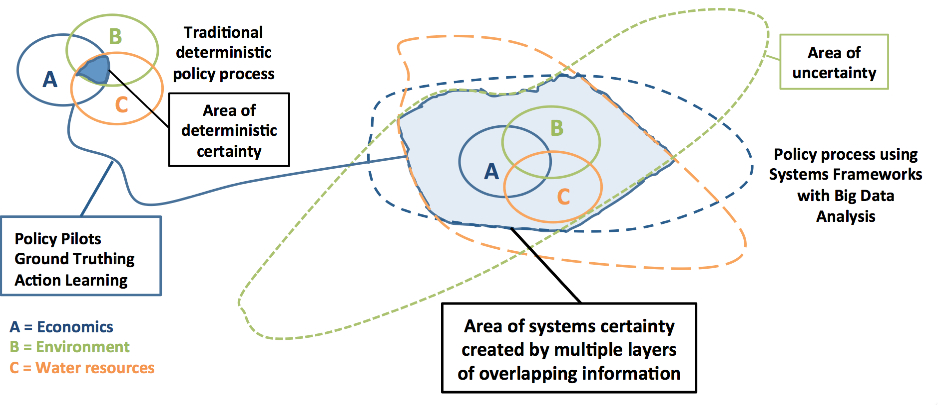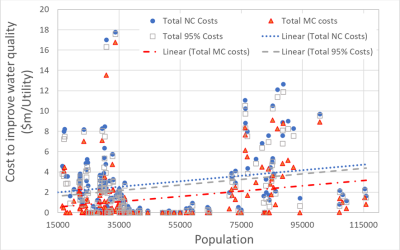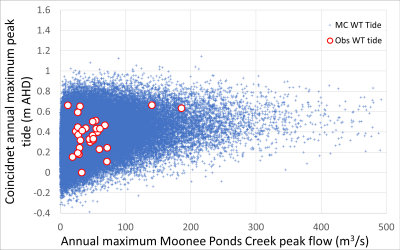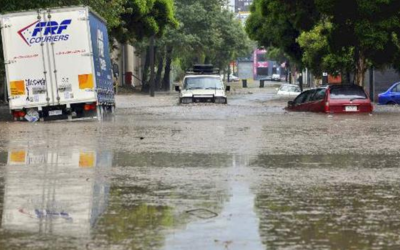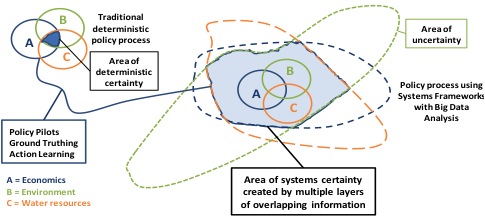
The Systems Framework is discussed in many publications focused on describing projects or policies. This presentation provides an overview of the Systems Framework methodologies for analysis of policy, strategy and design developed over the last decade. The framework integrates water cycle, environmental and economic processes from the “bottom up” using all available data and integrating spatial and temporal scales of behaviour. Advances in computing power allowed this quantum process to be underpinned by continuous simulation of local behaviours and Monte Carlo methods. This expansionist approach to analysis reveals hidden challenges and opportunities for urban areas. The Systems Framework can be reliably and robustly applied to detailed and targeted ‘what if’ analyses, including assessments of future water security and economics under a range of climatic and population growth scenarios, and future alternative strategies or policies. The spatial and temporal detail within the Systems Framework allowed understanding, reproduction and testing of the complex interactions between waterways, reservoirs, operations, water demands, water restrictions, energy demands and financial impacts. This methodology includes hind casting of the water cycle and linked economic simulations across historical periods with known financial and resources information. The authors are developing open source and web-enabled applications that will allow greater interaction with the System Framework. This initiative is supported by a number of new science publications.

